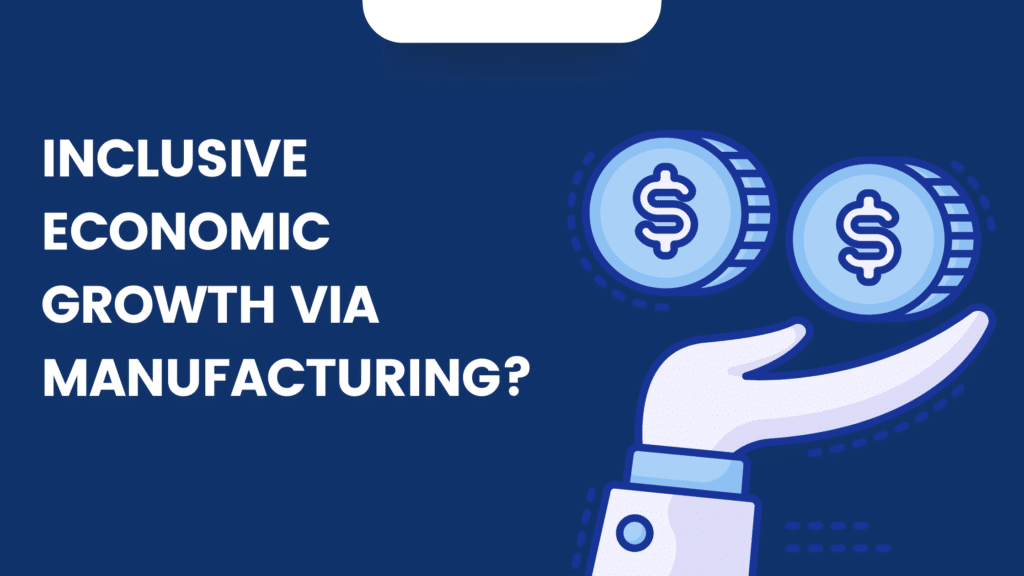
A McKinsey & Company article of Jan 12, 2022 is labeled as part of the Davos Agenda. This alone gives us pause. Do you trust the Davos crowd for sound advice? Please let us know your view on this subject.
In any case, among other things, this McKinsey author bemoans the decline of US manufacturing, as it’s driven inequality and hurt its global competitiveness. Further, revitalizing manufacturing could add lots of well-paying jobs with digitization and innovation as prime movers.
DUH!
Where’s this guy been? Isn’t the bring back manufacturing, reshoring, and “made in America” exactly this very thing? Didn’t we hear the same thing in Biden’s State of the Union speech Tuesday night? And if our progressive friends are all in for increasing manufacturing, who could be against it?
While we have nothing useful to contribute to the financial part of this article, the other things are so obvious and also old hat to make one wonder what goes on at Davos.
At one time, in the good old days of 1950 or so, manufacturing in the US was just about the only game in town. All our current global competitors were digging out of bomb craters or counting heads after a civil war. We recall some number like 25% of the work force was in manufacturing. Now it’s more like 10% and probably shrinking.
Times have changed. Global competitors have obtained labor intensive businesses, often with the assistance of our own leaders. Haven’t we, for example, given China a gigantic boost over the past couple of decades? And isn’t this the very thing “bring back American manufacturing” is trying to reverse?
Just about every continent has manufacturing capability that competes for things we might have dominated in decades past. Get used to it, McKinsey! That’s not going to change.
What is possible, however, is for the US to focus on things that help manufacturing. One such thing is shed the shackles of energy production. This may be the one good thing coming out of the Ukraine invasion, as Russian oil has been a major news item. And, of course, the administration has apparently gone hat in hand to OPEC and perhaps others seeking increased output while burdening domestic fossil fuel production.
The current energy news seems to omit what we believe is the best path forward for both energy generation and climate change action: increase nuclear power and do so ASAP. This could be an area of major growth for the US. Just consider the pickle Germany finds themselves in today, having shut down their nuclear power plants, with plans to continue doing so. Apparently they are reviewing these scheduled shutdowns in response to Russian gas restrictions! Good idea.
Here’s a TED talk that compares various energy sources (if you can get through the short into sales video). Schellenberger is a former tree hugging environmentalist, so is a worthwhile information source.
So turning to nuclear energy might be one avenue to manufacturing growth in the US. That TED talk also includes some comment on the effects of renewable energy sources FYI. We can only hope our leaders get on board with Schellenberger.
The McKinsey article notes the many good things resulting from manufacturing work, and we could not agree more. Already and even from our perspective of small job shop manufacturers, digitization is occurring and innovation is an essential ingredient of custom manufacturing life. No outside stimulus is needed for these things. What would be useful, and as the article notes, is some effort to increase what we’ll call vocational training. 4 year degrees in some demographic studies program are not particularly useful for operation of CNC equipment, let alone certified welding needed for pressure vessels and related items.
And so we guess it’s a good thing the rich and famous Davos participants are interested in manufacturing (again?). Welcome to the club!

